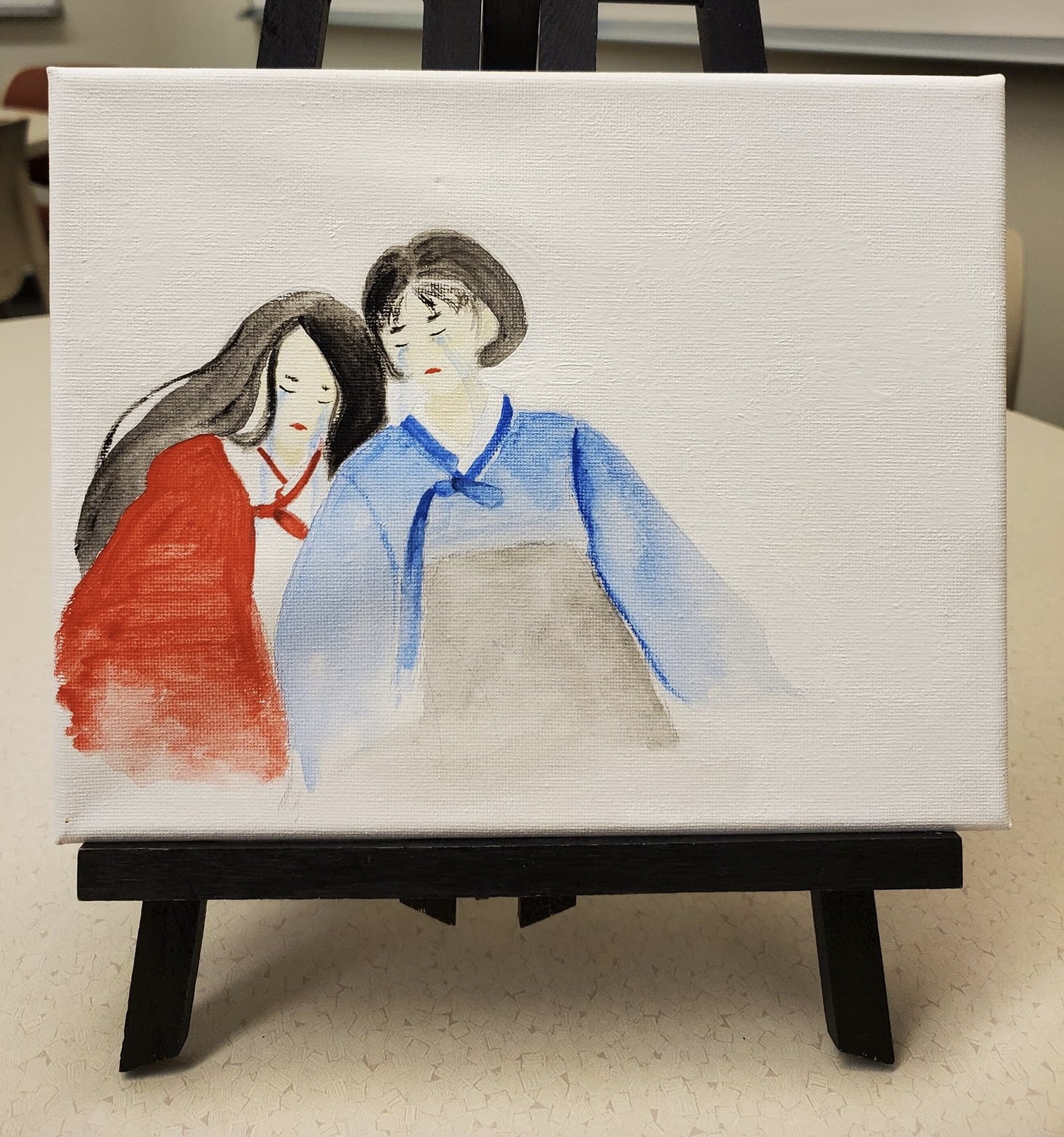Category: USA
-

Our separation bears down on both of us
Jillian shares her artwork expressing the shared grief and loss of the many years of separation between her South Korean mother and herself before reunion.
-
Sensitively Responding to Fears of Abandonment
Lyla shares an awesome way her adoptive parents assisted her with abandonment fears – a rational fear all adoptees have borne out of losing their first family.
-
How to Truly Save and Help a Child
—
by
in 1993 Hague Convention, Adoption Education for Adoptive Parents, Adoption Education for Professionals, adoption reform, Complexities in Adoption, Grief and Loss, Impacts to Biological Families, Importance of Connections to Origins, Is adoption the best option, Lifelong Impacts of Adoption, Origins Search, Return to Birth Country, Rights in Adoption, Trauma in Adoption, Uganda, UN Joint Statement Illegal Adoption, USA, What is an Illegal and Illicit Adoption?Jessica shares the realities of intercountry adoption and what people can do to help a vulnerable child in need, challenging the usual narrative of adoption.
-
Confirmation that we are born as adoptees
—
by
in Adoptee Birthdays, Adoptee Names, Adoptees Educate, Adoption Education for Adoptive Parents, Adoption Education for Professionals, Birth Parents Searching, Complexities in Adoption, Grief and Loss, Impacts to Biological Families, Importance of Connections to Origins, Is adoption the best option, Korea, Lifelong Impacts of Adoption, Not Knowing in Adoption, Origins Search, Search and Reunion in Adoption, South Korea, Therapy, Transracial Adoption, Trauma in Adoption, USAHollee shares on the significance of having access to information about our origins as adoptees.
-
An Adoptee’s Thoughts on Haaland vs Brackeen
—
by
in Adoptee Activism, Adoptees Educate, adoption reform, Complexities in Adoption, Critical Thinking in Adoption, Family Preservation, Grief and Loss, Impacts to Biological Families, Importance of Connections to Origins, Indian Child Welfare Act (ICWA), Is adoption the best option, Lifelong Impacts of Adoption, Rights in Adoption, South Korea, Transracial Adoption, Trauma in Adoption, USAPatrick shares on the current Haaland vs Brackeen case that challenges the Indian Child Welfare Act (ICWA) and asks why family preservation isn’t the focus.
-
Embracing Therapy as an Adoptee
—
by
in Adoptees Educate, Adoption Education for Adoptive Parents, Adoption Education for Professionals, Complexities in Adoption, Grief and Loss, Importance of Connections to Origins, Lifelong Impacts of Adoption, Multiple Identities, Not Knowing in Adoption, Origins Search, Russia, Sense of Belonging, Therapy, Transracial Adoption, Trauma in Adoption, USAOleg shares the journey from being ashamed of needing therapy to fully embracing and recognising the benefits it added to his life as an intercountry adoptee.
-
Adoptee Fear and Vulnerability
—
by
in Abandonment and Rejection, Adoptee vulnerability, Adoptees Educate, Adoption Education for Adoptive Parents, Adoption Education for Professionals, Complexities in Adoption, Grief and Loss, Lifelong Impacts of Adoption, Not Knowing in Adoption, Russia, Sense of Belonging, Transracial Adoption, Trauma in Adoption, USAOleg shares on the fear and vulnerability so many adoptees live and being brave to open up and trust his adoptive mother to understand and support his journey.